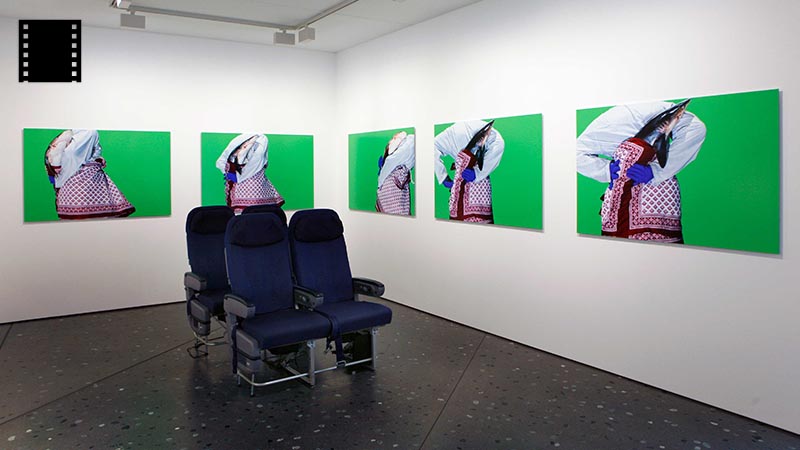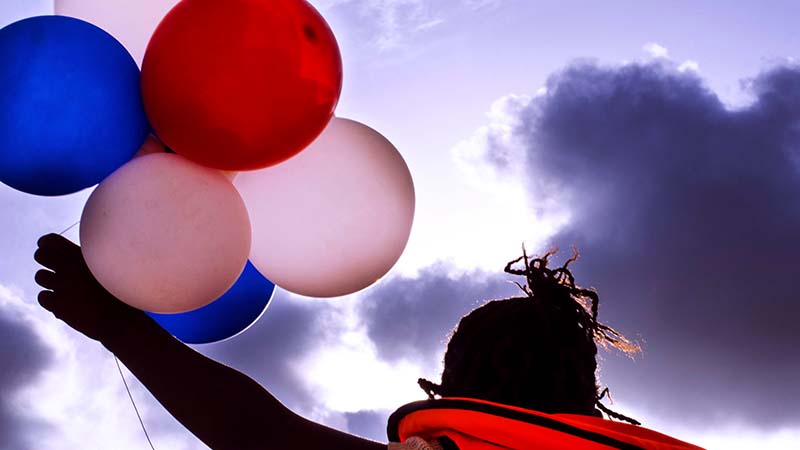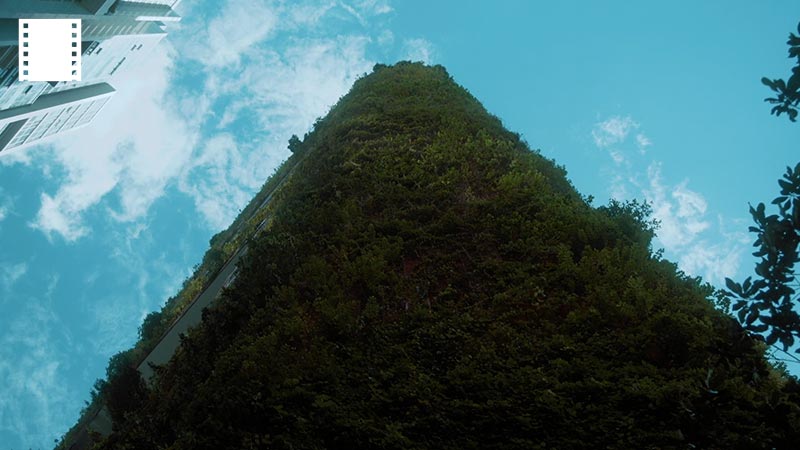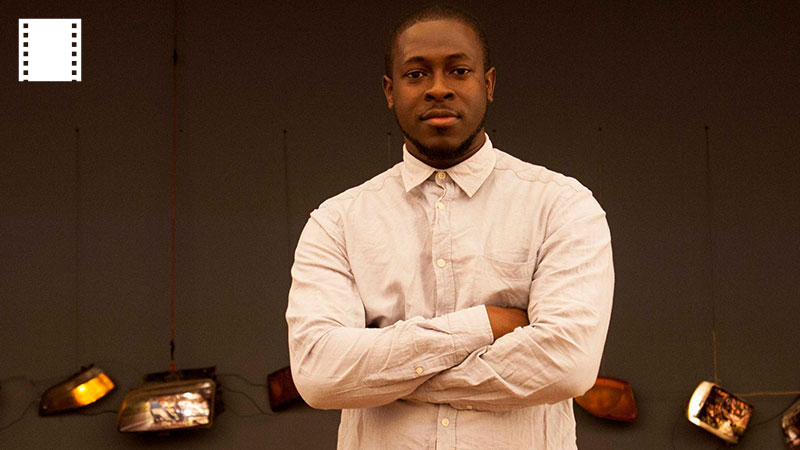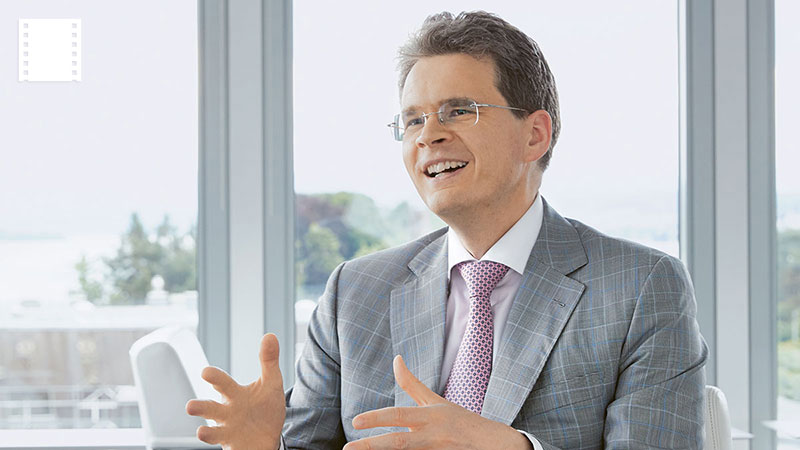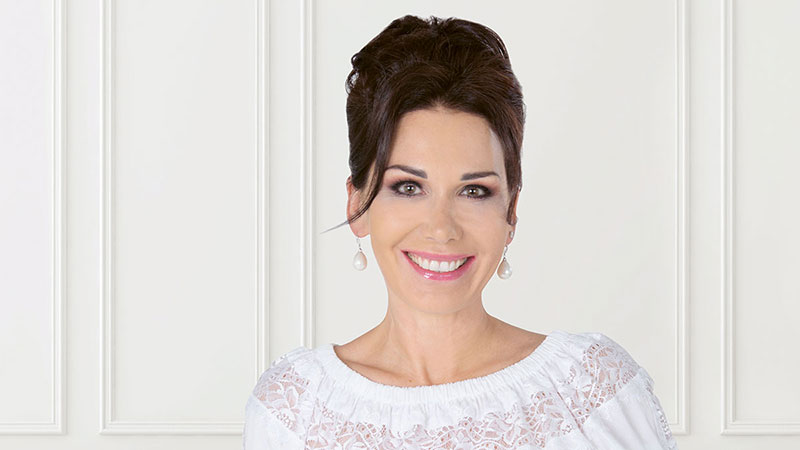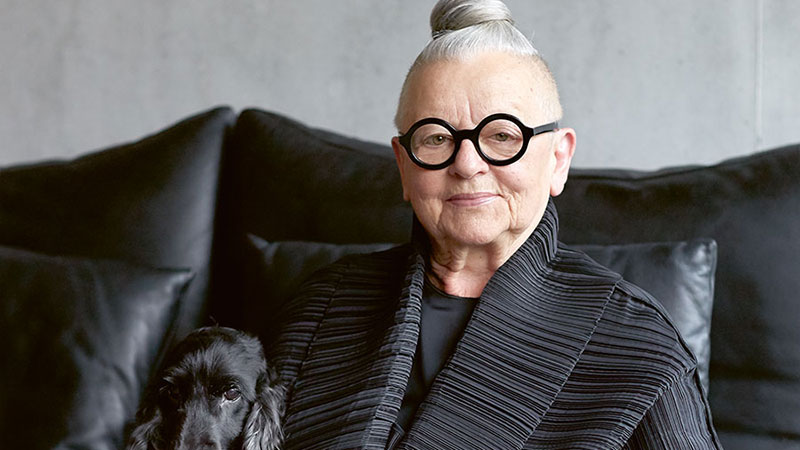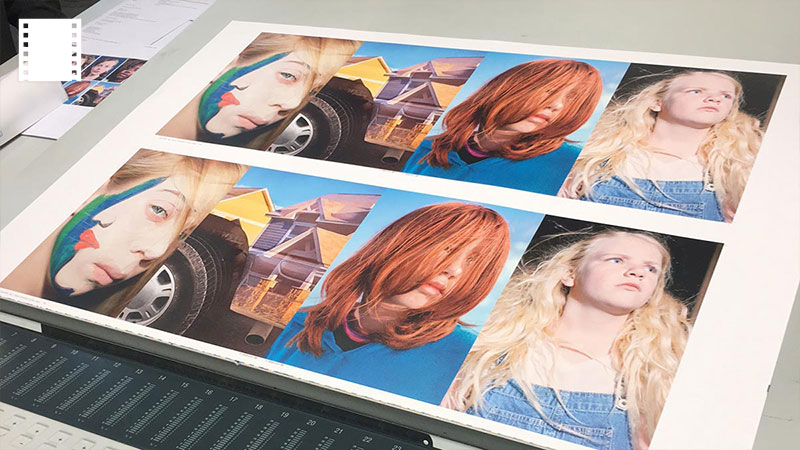Travel brought them home: composers on the search for identity
An excerpt from the essay “It’s the mix that makes it: music and identity” by Michael Haefliger
If you want to explore your own identity, you must first get to know the identity of others. This is not just a realization arising from today’s globalized world. From Mozart to Mahler, famous composers have found their identity because they discovered a new perspective of themselves reflected in the mirror held up to them by strange surroundings.
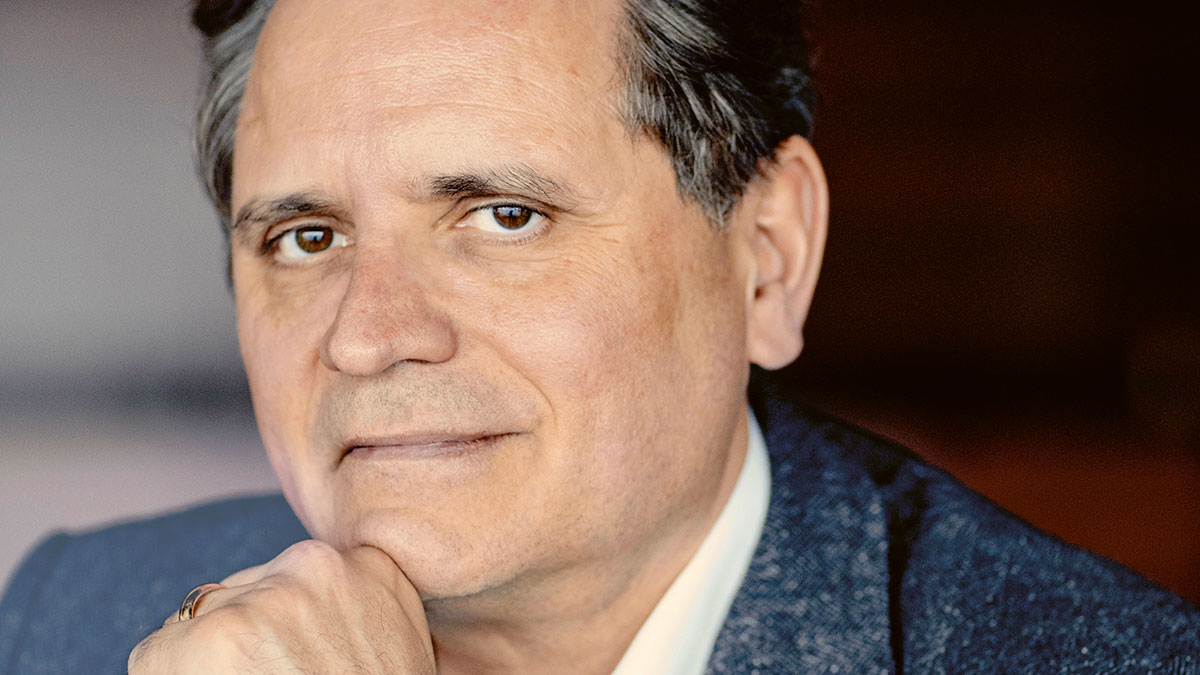
Michael Haefliger has been filling the concert halls at the Lucerne Festival for 18 years. © Photo: Marco Borggreve
Many artists and musicians move in this same direction: They seek new impulses in order to experience with the senses what cannot be described with words. So they are prepared to overcome borders, both geographical and cultural. Those who follow in their footsteps discover a surprising parallel: Paradoxically, it is often abroad where you find an unbiased view of your own roots.
“Their songs, my songs” (Sergei Prokofiev)
In May 1918, Sergei Prokofiev, disgusted with the violence and the economic decline following the October Revolution, left his Russian homeland for the USA. In the “Golden West”, and later in Europe, one thing he found above all was his longing to return home. Prokofiev felt isolated, misunderstood, spent. And he knew it: “I must go back. I have to see real winters again […], listen to the Russian language in my ear, I have to talk to the people who are of my own flesh and blood, so that they can give me something that is missing here: their songs, my songs.”
“People who do not travel are but poor creatures” (Wolfgang Amadeus Mozart)
Many musicians experienced the same thing as Prokofiev. Fréderic Chopin composed his mazurkas and polonaises in exile in Paris, expressing through them his homesickness for Poland, so far away. Igor Stravinsky, from his early youth to his sojourn in Hollywood via Paris, always remained faithful to the Russian Orthodox faith, and discovered music as an expression of his native religious feelings.
Classical music is a crossing of borders into pure culture
To this day, the history of music lives from the interplay between that which is familiar and that which is strange or foreign:
- Johann Sebastian Bach integrated Spanish sarabands, Scottish jigs and French gavottes into his suites
- Maurice Ravel turned to jazz
- Ludwig van Beethoven to the music of the French Revolution
- Claude Debussy was inspired by the music of the Javanese gamelan
- Béla Bartók merged the traditional peasant music of the Balkan countries with the great classical forms such as the fugue or sonata
- Gustav Mahler in his symphonies, coaxed gala performances out of cowbells or the sounds of nature herself
These examples demonstrate that it is precisely this blending that makes their art so unmistakable and forward-looking. In exchange with new, even foreign influences we find fertile answers to the pressing questions of our time. But first of all, one thing is required: the willingness to regard, and shape, identity as a transformable variable. Together, culturally and artistically. In that order.
About Michael Haefliger
Michael Haefliger has been the Executive and Artistic Director of the Lucerne Festival since 1999. Under his direction, the festival gained great importance for contemporary music. Haefliger has been recognized with numerous cultural awards and was named a “Global Leader of Tomorrow“ by the World Economic Forum in Davos.
Who are we? What makes us matter? The question of our identity moves society; art, science, politics and every one of us seek answers. This guest contribution by Michael Haefliger is one of numerous contributions that illuminate the topic of identity from a new, inspiring perspective.
Vontobel is a theme sponsor of the Lucerne Festival, which since 1999 has been under the musical direction of Michael Haefliger. Find out more here about our engagement for classical music and modern art.
© Lucerne Festival 2017

